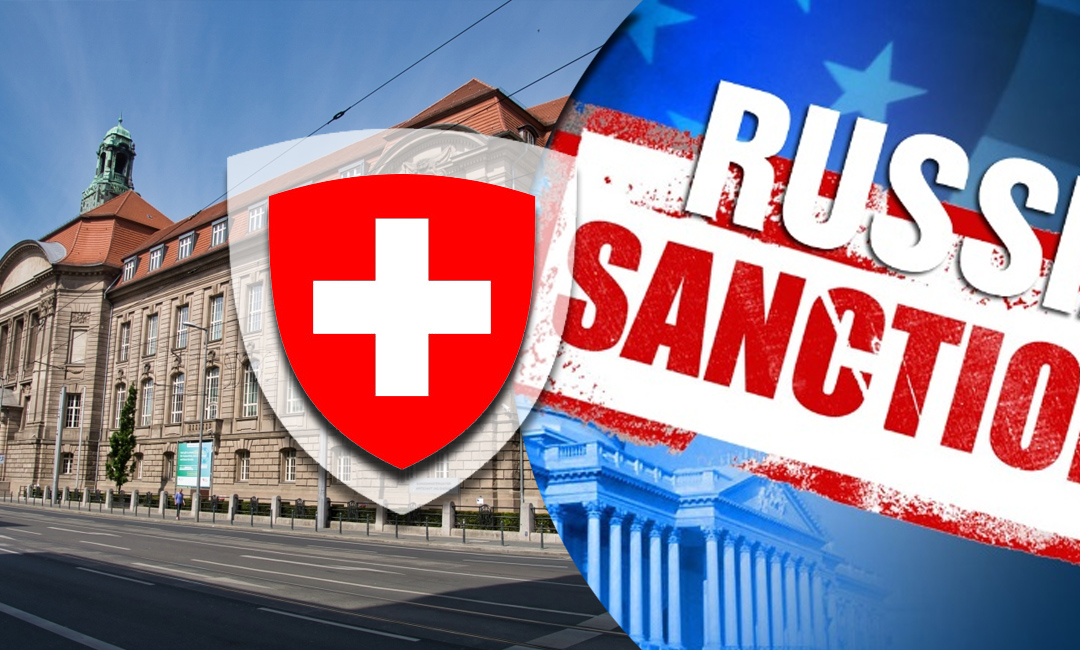Switzerland Expands Sanctions Against Russia

On 12 August, Switzerland expanded its sanctions list against Russia, adding 14 individuals and 41 organisations.
The Gaze reports on this, referring to an official statement published by the country's government.
On 12 August, the Federal Department of Economic Affairs, Education and Research (EAER), which oversees Swiss sanctions, expanded its sanctions lists against Russia. Switzerland has thus adopted a series of amendments introduced by the European Union as part of its 18th package of sanctions.
These measures take effect on 12 August.
From that date, 14 more individuals and 41 Russian entities are subject to asset freezes and a ban on the provision of economic resources. These individuals are also prohibited from entering and transiting through Switzerland.
‘Among the new targets of sanctions are Russian and international companies that operate shadow fleet vessels, traders of Russian crude oil, and suppliers to Russia's military-industrial complex, including those based in third countries,’ the statement said.
In addition, 105 more ships from third countries are now subject to a comprehensive ban on purchase, sale and provision of services. These are mainly tankers that are part of Russia's shadow fleet, which circumvents restrictions on the price of Russian crude oil and petroleum products, or transport military goods for Russia.
The EAER also lowered the price cap on Russian crude oil to $47.6 per barrel. At the same time, the statement noted that the oil price cap will take effect on 3 September.
In the trade sector, 26 new entities, including some in third countries, are subject to stricter export control restrictions, in particular for circumventing export restrictions on unmanned aerial vehicles.
Switzerland has also adopted additional lists introduced by the EU on 15 July for Moldova and on 18 July for Belarus.
In the context of Moldova, seven more individuals and three organisations are now subject to asset freezes and a ban on the provision of economic resources.
‘These lists target individuals and organisations involved in Russia's efforts to influence the referendum on Moldova's EU membership and the 2024 presidential elections,’ the statement explained.
As for Belarus, eight Belarusian defence industry companies are now subject to asset freezes and a ban on the provision of economic resources.
As The Gaze reported earlier, the European Union has officially adopted its 18th package of sanctions against Russia, with EU High Representative for Foreign Affairs and Security Policy Kaja Kallas calling it ‘one of the most powerful ever imposed on the Russian Federation.’
As part of this package, the EU has lowered the price cap on Russian oil. This was made possible because Slovakia and Malta refused to block it.
The UK announced that it would join the EU's decision to lower the price cap on Russian oil transported by sea.
On 9 August, it became known that Canada intends to join the EU and the UK in further lowering the price cap on Russian oil.